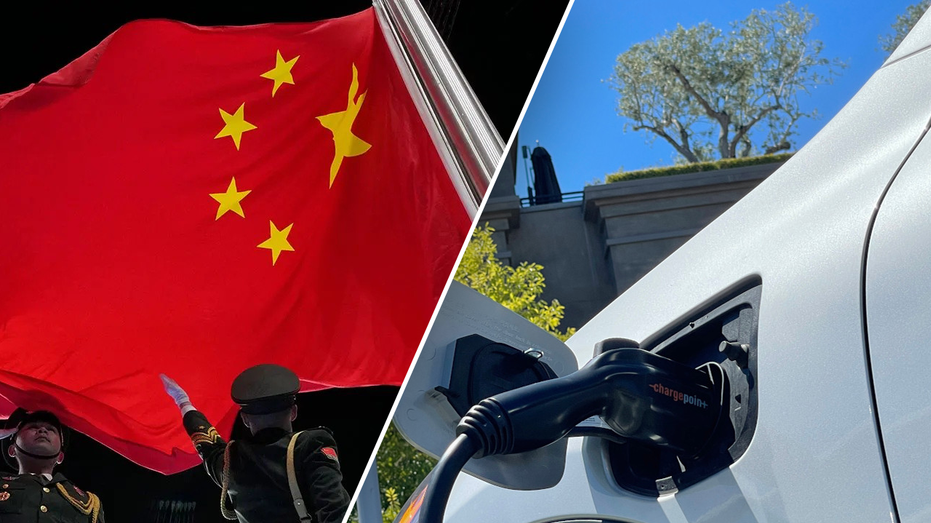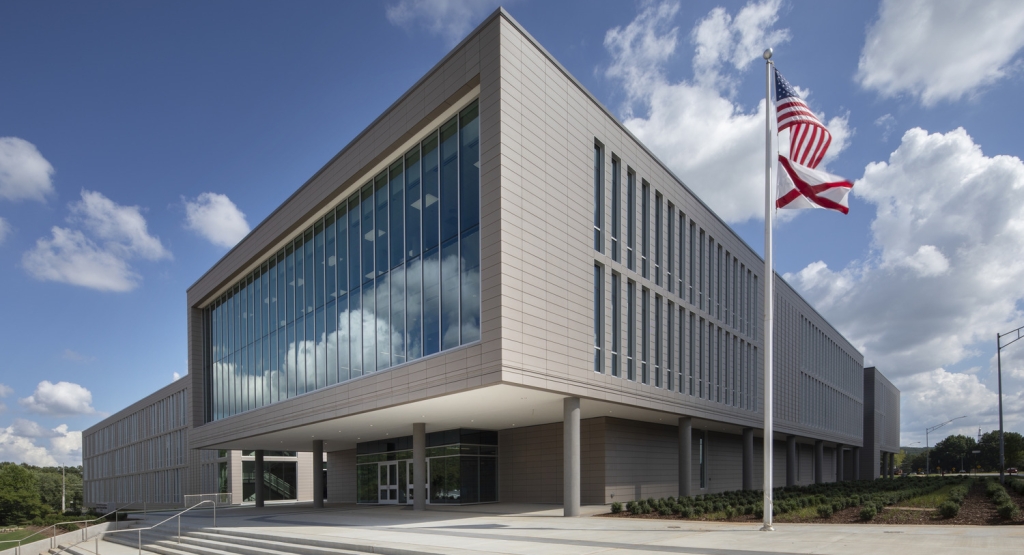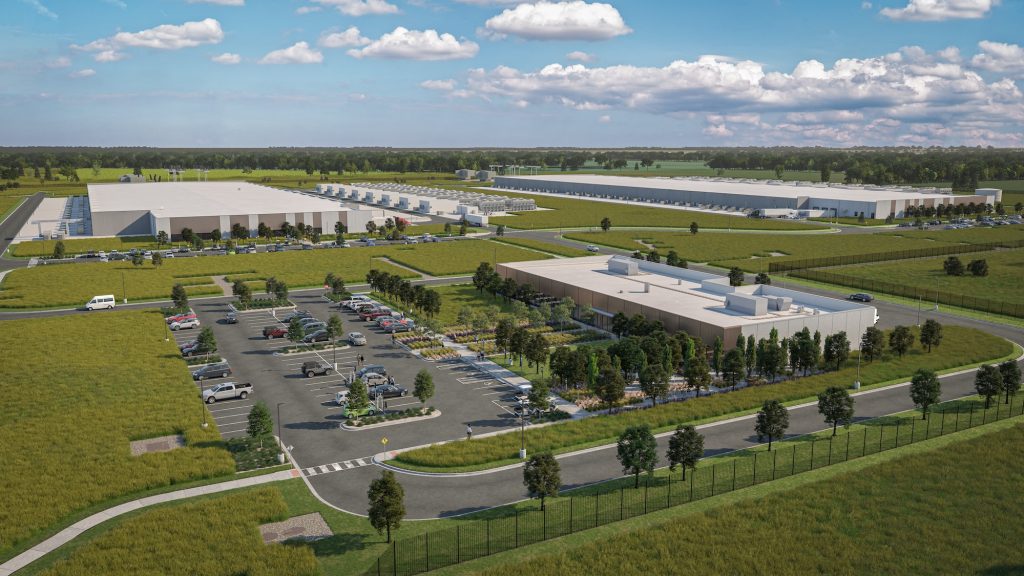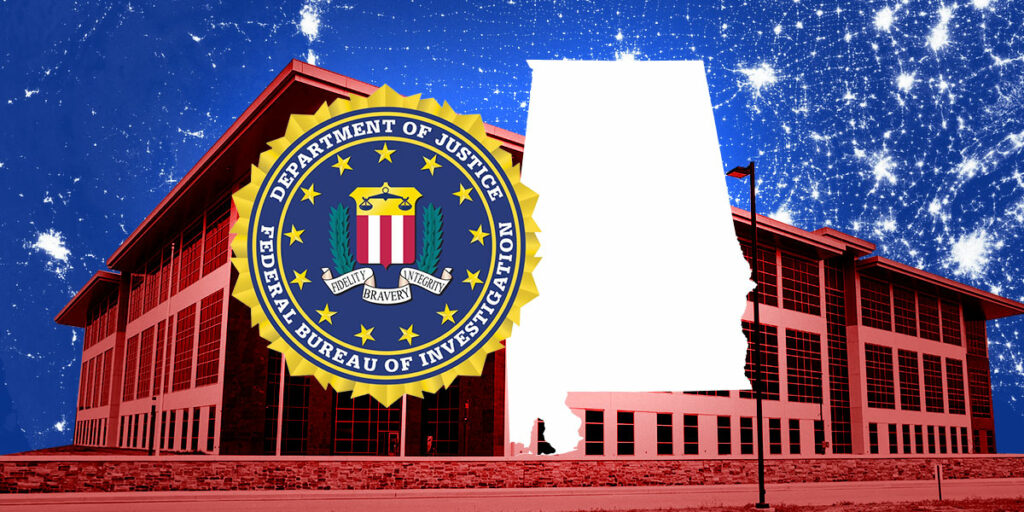Once affectionately known as the “Pittsburgh of the South,” Birmingham might finally be getting a modern moniker after Forbes on Monday published a deep-dive about the city’s strides to become a tech hub.
The article, written by Zara Stone, is titled “Inside Birmingham’s Bid To Become The Southern Silicon Valley” and features a first-hand account, ripe with interviews of up-and-coming new-age business leaders and entrepreneurs.
“They’re not quite there yet,” Stone summarizes, but with “a little time, patience, and support… they’ll come up with something rather special. I believe it.”
She highlights big-time Alabama entrepreneurial success stories, including Icebox cold brew coffee which sold to Royal Cup last year, same-day delivery service Shipt which was bought for $550 million by Target in 2017 and Tennibot – a robotic tennis ball collector – which won a CES 2018 Innovation Award just this year.
Stone also focuses a large portion of the expose on the Innovation Depot, calling it “the hub of local tech development.” It houses over 100 startups, a startup incubator, a wet lab for biology projects, a Silicon Valley-esque cafe that lets you pay with your fingerprint, coworking space, and much more.
Formed in the mid-eighties, the Innovation Depot did not really pick up steam until the last few years. In 2017, companies housed in this Birmingham phenomenon created 1,064 Alabama jobs and $155 million in gross sales. Over the next five years, they will have a massive regional economic impact – $1.66 billion.
Stone also spoke to Mayor Randall Woodfin, who outlined technology centric education and training opportunities, designed with economic development in mind, that are available in the city.
“Coding and digital literacy is going to be super important in the years to come, and we want to make sure that we’re saturating our kids with opportunities to connect and to engage with this,” he told Stone.
The mayor also brought up the exciting possibility of a direct flight between San Francisco and Birmingham to further enhance Birmingham’s place in the tech economy, adding that he has “been consulting on plans.”
One of the more striking things in Stone’s article pertains to diversity and inclusion. While Alabama gets a bad rap on issues of “political correctness,” she reports how much more diverse Birmingham’s startup and tech world is compared to the Valley. On top of statistics she ticks off, Stone anecdotally writes about an entrepreneurial event she attended in the city which consisted of 40 percent women and 50 percent African American or Asian.
For more information on what The Magic City is doing to earn its new nickname, give the article a read here.
Sean Ross is a staff writer for Yellowhammer News. You can follow him on Twitter @sean_yhn













